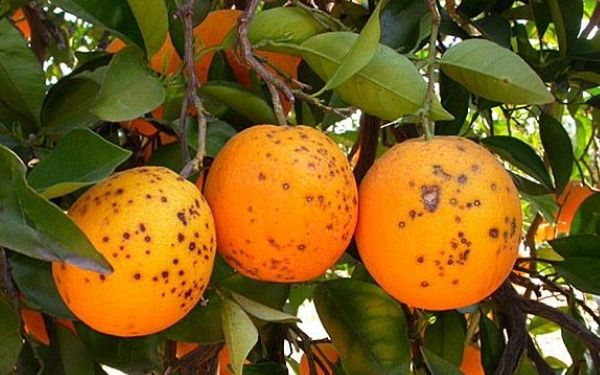For more than three months, problems had been reported with these Argentine products. The reason was and still is the black spot, a citrus disease that was present in oranges and lemons. Despite that alert with the citrus of Argentina, imports from Europe in the summer season originating from the southern hemisphere is frequent. But it gets on phytosanitary risk of the countries where these fruits arrive. For all this, the European Union, from a few days, has temporarily prohibited the arrival of these foods.
Recurring notices
After various notices, as well as withholdings of items on a recurring basis to Argentina, the European Union has taken the expected action. According to the authorities, all this shows that “the phytosanitary controls currently in force in the Latin country are insufficient to prevent the introduction of the specified pest into the EU”. In this way, it becomes clear that the risk is very high and cannot be allowed.
For that alert with the citrus of Argentina and due to the phytosanitary risk, there are no exceptions for fruits that are destined for both juices industrial as well as other end results. This prohibition will remain until the next May 2021, when the Argentine certification system is reviewed again to validate it or not.

The black spot
La black spot is a disease that affects citrus, that is, lemons, oranges, tangerines and grapefruits mainly. This problem has its origin in a fungus (Phyllosticta citricarpa). This fungus it affects the external part of the fruits and does not usually penetrate inside. Like many fungal diseases, they spread easily, affecting tree leaves and branches. In the image above you can see how the infected products are.
Cases like this alert with citrus from Argentina
Last year 2019, the presence of fruits with black spots, that time with oranges of origin South Africa. The sector continually demands that there be more and better phytosanitary controls at port points. In addition to the black spot, there is concern about the introduction by the ports of entry of the so-called “false moth”Which also affects citrus.
The trade commitments and agreements of the European Union with third countries directly affect the European agri-food sector. All of this should make phytosanitary controls of all kinds more effective and demanding to guarantee the health of people and the ecosystem. At a time of globalization of diseases, also in plants and animals, we must take more care of these aspects, for the good of all. Hopefully this alert with the citrus of Argentina do not carry over to other products.






